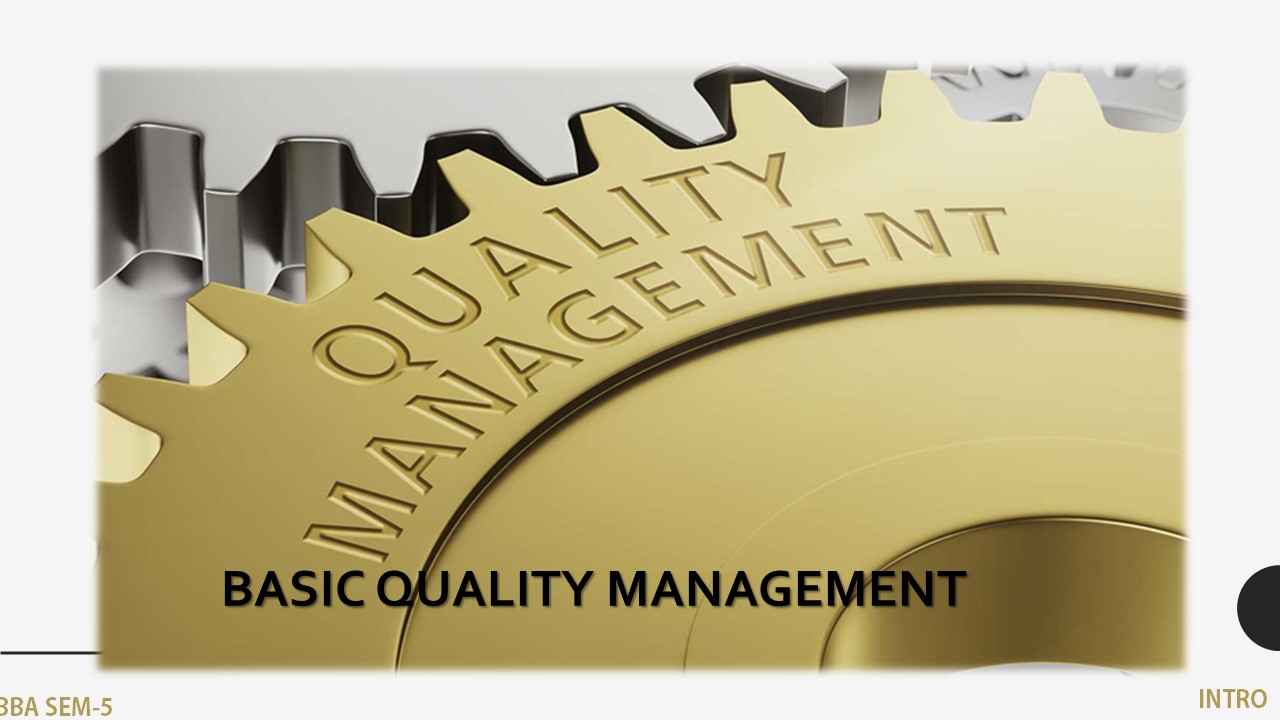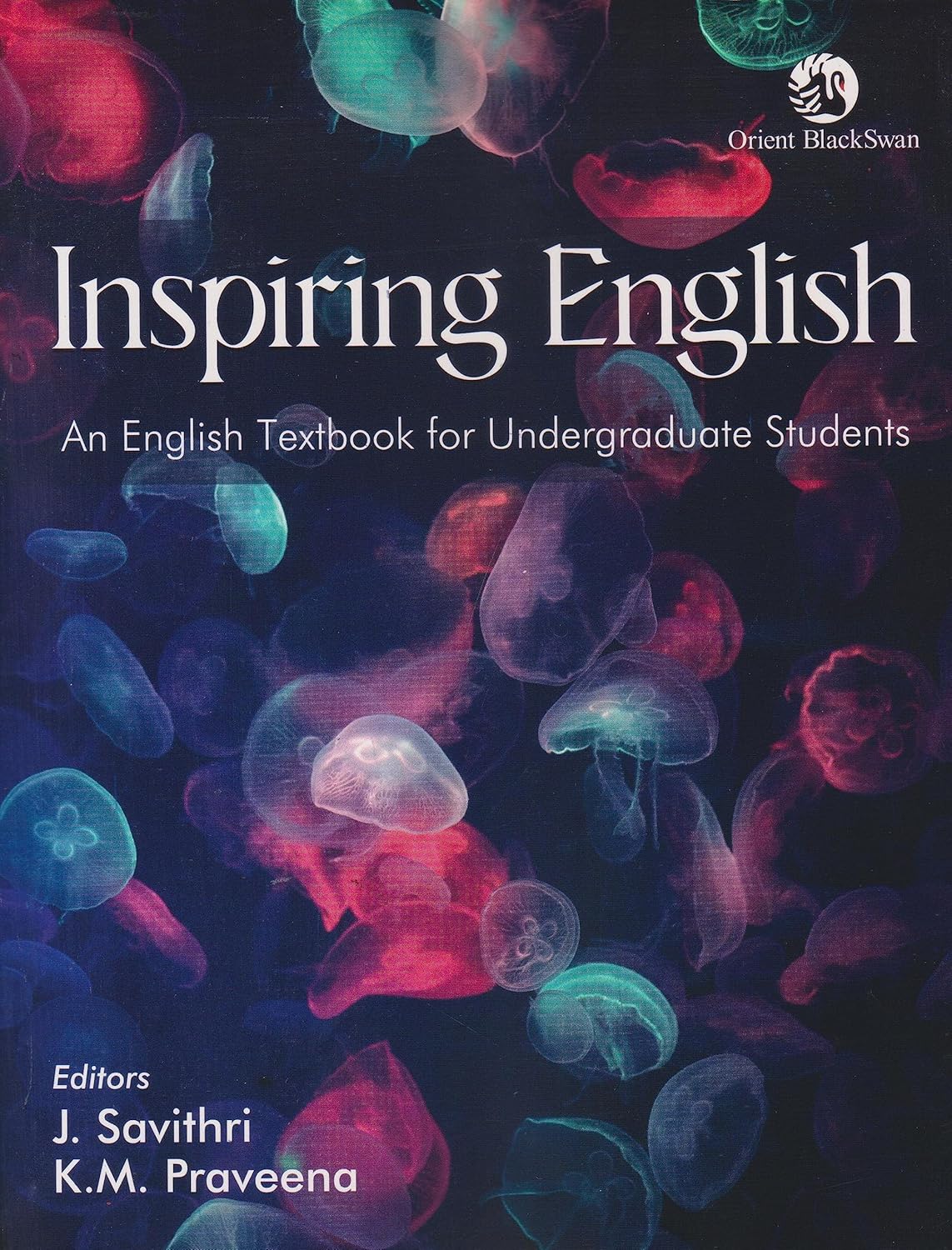Financial management is the process of planning, organizing, directing, and controlling the financial resources of an organization to achieve its objectives. It involves managing cash flow, investments, and risks to maximize the value of the firm for its stakeholders. Finance management is the strategic planning and managing of an individual or organisation’s finances to better align their financial status to their goals and objectives. Depending on the size of a company, your role within finance management seeks to optimise shareholder value, generate profit, mitigate risk, and safeguard the company's financial health in the short and long term. When working with individuals, finance management may entail planning for retirement, college savings, and other personal investments. The purpose of financial management is to guide businesses or individuals on financial decisions that affect financial stability both now and in the future. To provide good guidance, you analyse finances, investments, and many other forms of financial data to help clients make decisions that align with goals.
- Teacher: Dr DEBANJALEE BOSE
Course Summary:
This course provides an in-depth understanding of the concept of quality and its vital role in organizational success. It introduces students to the principles, practices, and philosophies of Total Quality Management (TQM), emphasizing continuous improvement and customer satisfaction. The course covers essential quality tools, techniques, and frameworks such as Statistical Quality Control, Quality Assurance, and Six Sigma. Special focus is given to the application of quality management in both manufacturing and service sectors. Through theoretical insights and practical examples, students will learn how to design, implement, and evaluate quality systems that align with strategic organizational goals.
Instructor-In-charge : Mr. Satya Swaroop Roy.M
Email ID : roy@stmaryscollege.in

- Teacher: SATYA SWAROOP ROY MEDAPATI
Human Resource Management covers all the fundamental aspects of managing and developing human resource potential in modern organizations. Unit 1 introduces the relationship between HRM and the Environment. Unit 2 covers the talent acquisition process through HR Planning, recruitment, selection and induction, Unit 3 deals with the development of existing human resources through training and career planning in line with the strategic policy of the company. Unit 4 covers the Industrial laws and relations between employers and employees and the process for negotiations and collective bargaining. Finally, Unit 5 explains the different processes of Performance appraisal and rewards for improving organization culture.

- Teacher: PRIYA SANJAY NAIR
Course Summary: Introduction to Information Technology
The "Introduction to Information Technology" course provides a foundational understanding of the key concepts, tools, and trends in modern information technology (IT). It is designed to equip students with essential knowledge and practical skills related to computer systems, software applications, data management, networking, cybersecurity, and the Internet.
Key Topics Covered:
-
Basics of Computers: Hardware, software, input/output devices, storage units.
-
Operating Systems: Functions, types, and user interfaces.
-
Software Applications: Word processing, spreadsheets, presentations, and databases.
-
Data and Information: Types, processing, storage, and data management.
-
Networking Fundamentals: LAN, WAN, Internet, and wireless technologies.
-
Cybersecurity: Basic principles, threats, and protection strategies.
-
IT in Business and Society: Role of IT in education, healthcare, governance, and communication.
-
Emerging Technologies: Cloud computing, artificial intelligence, IoT, and digital transformation.
Course Outcome:
By the end of the course, students will have a clear understanding of how IT systems work and how they are used in real-world applications. They will be able to apply basic IT skills in academic, professional, and personal contexts, making them better prepared for further studies or IT-enabled careers.

- Teacher: Dr KANTHI SREE DADALA
The course addresses the
English language needs of the students at the undergraduate level. The focus
will be on five categories: Prose, Poetry, Vocabulary, Soft Skills, and
Grammar. In addition to these, the last two units focus on
developing the speaking skills of students. Overall, the course will focus on
the critical thinking faculties of the students concerning academic,
linguistic, political, literary, and ethical concepts.

- Teacher: Dr SAIKIRAN D
- Teacher: Dr MANOJ KANTH SIRRA
